Description
Our Combo Core Subjects Handwritten Notes have been thoughtfully curated to cater to the needs of both ambitious students pursuing their computer science graduation and individuals preparing for career-defining placements. With a focus on clarity, relevance, and concise content, these notes are your ultimate companion in unraveling the intricacies of DSA, DBMS, CN, OS, SQL .
DSA Topics Covered:
- DS Introduction
- DS Algorithm
- Asymptotic Analysis
- DS Pointer
- DS Structure
- DS Array
- Linked List
- Types of Linked List
- DS Stack
- Array Implementation
- Linked List Implementation
- DS Queue
- Types of Queues
- Linked List Representation
- Binary Tree
- Binary Search Tree
- etc….
DBMS Topics Covered:
- Introduction to DBMS:-Understanding Databases and DBMS
-Advantages of using a DBMS
-Data Models: Hierarchical, Network, Relational, and more - Relational Database Concepts:-Tables, Rows, Columns
-Keys: Primary, Foreign, Candidate, Super
-Entity-Relationship (ER) Modeling - SQL (Structured Query Language):-SELECT, INSERT, UPDATE, DELETE statements
-Filtering, Sorting, Aggregation
-JOIN operations: INNER, OUTER, CROSS, SELF - Data Normalization:-First, Second, Third Normal Forms (1NF, 2NF, 3NF)
-Eliminating Data Redundancy and Anomalies - Indexing and Performance Optimization:-Importance of Indexes
-B-Tree, Hashing, Bitmap Indexing
-Query Optimization Techniques - Transactions and Concurrency Control:-ACID Properties (Atomicity, Consistency, Isolation, Durability)
-Transaction States: Active, Partially Committed, Committed, Aborted - Database Security:-Authentication and Authorization
-Data Encryption and Access Control - Query Processing and Optimization:-Parsing, Validation, Translation, Execution
-Cost-Based Query Optimization - Distributed Databases:-Replication vs. Fragmentation
-Distributed Query Processing - NoSQL Databases:
-Overview of NoSQL databases
-Types: Document, Key-Value, Column-family, Graph
OS Topics Covered:
Chapter 1: Introduction to Operating System
- Definition of an operating System
- Functions and Goals of an Operating system
- Evolution of Operating System
- Types of Operating Systems
Chapter 2: Process Management
- Process Concepts
- Process Scheduling Algorithms
- Inter process communication and Synchronization
- Deadlock and prevention mechanisms
Chapter 3: Memory Management
- Memory Hierarchy
- Virtual Memory Concepts
- Paging and Segmentation
- Memory Allocation and Deallocation
- Page Replacement Algorithms
Chapter 4: File Systems and Storage Management
- File Concepts and Operations
- File System Implementation
- Disk management and RAID
- File System Security and Access Control
Chapter 5: Input / Output Systems
- I/0 Devices and operations
- I/O Buffering and caching
- Disk scheduling Algorithms
- I/O Device Handling and interrupts
Chapter 6: Process Synchronization and Deadlocks
- Critical Section Problem
- Semaphores and Mutexes
- Deadlocks, Resource Allocation graph, Deadlock Prevention and Avoidance
- Deadlock Detection and Recovery
Chapter 7: CPU Scheduling
- CPU scheduling Goals.
- Scheduling Algorithms
- Thread Scheduling and Multicore Systems
Chapter 8: Security and Protection
- Security threats and Attacks
- Authentication and Authorization
- Access control and Security Policies
- Cryptography and Data Encryption
Chapter 9: Distributed Systems
-
- Characteristics of distributed systems
- Communication models
- Distributed File Systems
- Distributed Process Synchronization and Mutual Exclusion
CN Topics Covered:
Chapter 1: Introduction to Computer Network
Chapter 2: Physical Layer
Chapter 3: Data Link Layer
Chapter 4: Medium Access Sublayer
Chapter 5: Network Layer
Chapter 6: Transport Layer
Chapter 7: Application Layer
Chapter 8: Network Security
SQL Topics Covered:
Chapter 1: Introduction to Databases and SQL
- Understanding Databases
- What is SQL?
- Relational Databases
- The History of SQL
- Setting Up SQL Environment
Chapter 2: SQL Basics
- SQL Syntax
- SELECT Statement
- Filtering Data with WHERE
- Sorting Data with ORDER BY
- Filtering and Sorting Data Exercises
Chapter 3: Data Manipulation
- INSERT, UPDATE, and DELETE Statements
- Modifying Data
- Transaction Management
- Data Manipulation Exercises
Chapter 4: Retrieving Data with SQL
- Retrieving Data from a Single Table
- DISTINCT Keyword
- Limiting Results with LIMIT
- Retrieving Data from Multiple Tables (JOINs)
- Retrieving Data Exercises
Chapter 5: Data Filtering and Sorting
- The WHERE Clause
- Logical Operators
- Sorting Data with ORDER BY
- Advanced Filtering and Sorting Exercises
Chapter 6: Aggregating Data
- Aggregate Functions (COUNT, SUM, AVG, MAX, MIN)
- GROUP BY Clause
- HAVING Clause
- Aggregating Data Exercises
Chapter 7: Subqueries
- Subqueries in WHERE Clause
- Subqueries in SELECT Clause
- Correlated Subqueries
- Subqueries Exercises
Chapter 8: Data Modification and Transactions
- Transactions in SQL
- COMMIT and ROLLBACK
- SAVEPOINT
- Transaction Exercises
Chapter 9: Working with Dates and Times
- Date and Time Data Types
- Date and Time Functions
- Date and Time Exercises
Chapter 10: String Manipulation
- String Functions
- Concatenation
- String Manipulation Exercises
Chapter 11: Views and Indexes
- Creating and Using Views
- Indexes and Performance
- View and Index Exercises
Chapter 12: Stored Procedures and Functions
-
- Creating and Calling Stored Procedures
- Creating and Calling User-Defined Functions
- Stored Procedures and Functions Exercises
Key Features:
- Immaculate Handwriting: Bid adieu to deciphering smudged or illegible notes. Our Java, Python, C, C++ Handwritten Notes showcase meticulously written content, ensuring that every concept is crystal clear and easy to understand.
- Precision in Every Page: Tired of wading through volumes of text? Our notes cut to the chase, presenting only the essential content you need, saving you valuable time and effort.
Benefits:
- Seamless Placement Preparation: As you gear up for placement interviews, our notes provide you with the competitive edge. Ace technical rounds by confidently demonstrating your in-depth DSA, DBMS, CN, OS, SQL Core knowledge.
- Entrance Exam Excellence: Crush entrance exams with ease. Our notes comprehensively cover DSA, DBMS, CN, OS, SQL all topics, empowering you to tackle challenging questions and secure admission to premier institutions.
- Academic Brilliance: Whether you’re striving for top grades or seeking a profound understanding of web Development principles, our notes offer the clarity and depth necessary for academic excellence.
- Interview Brilliance: Navigating technical interviews becomes smoother. Our comprehensive coverage equips you to confidently respond to interview queries and exhibit your expertise.
- Holistic Learning: From foundational principles to advanced nuances, our notes offer a holistic learning journey, irrespective of your proficiency level.









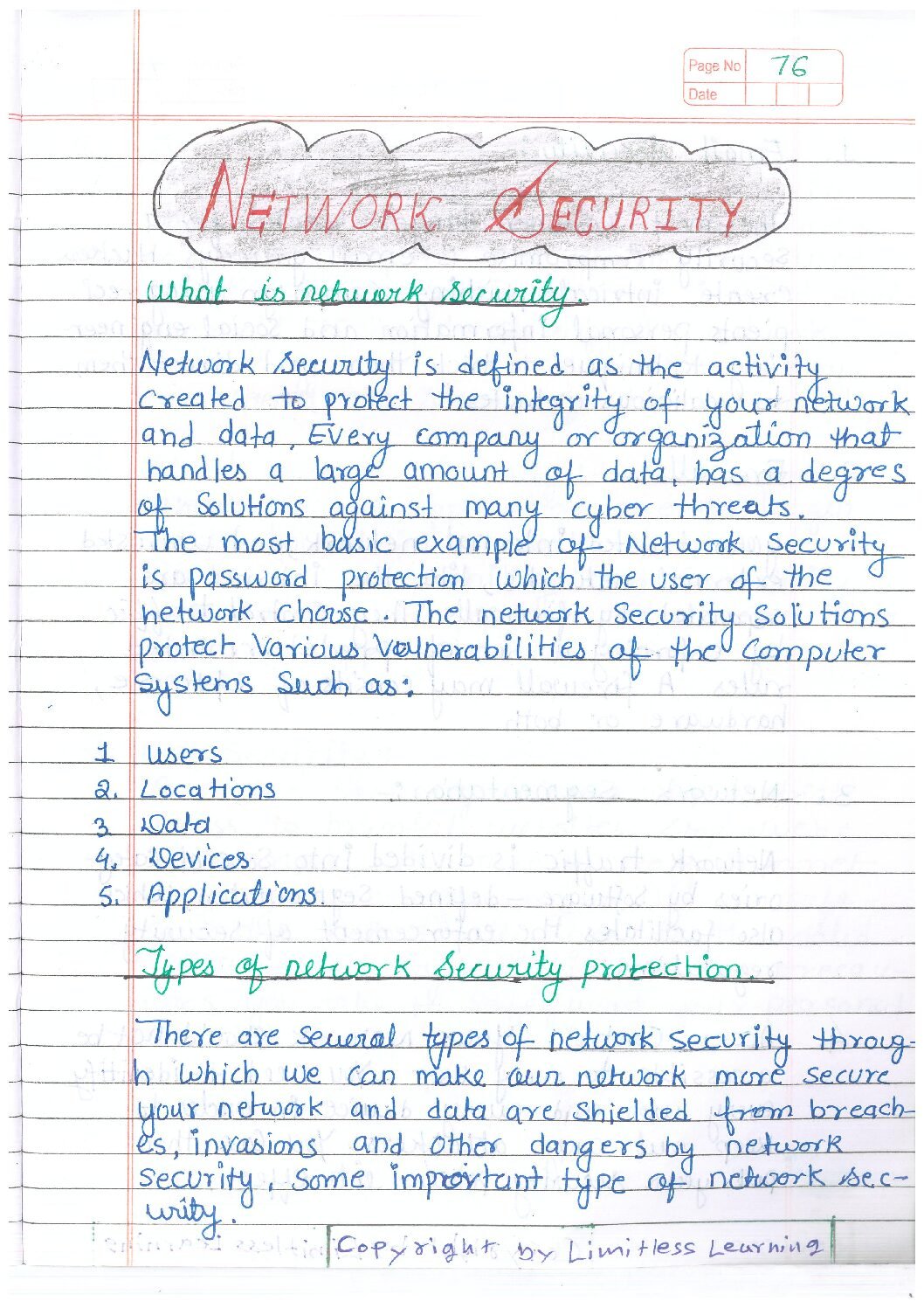

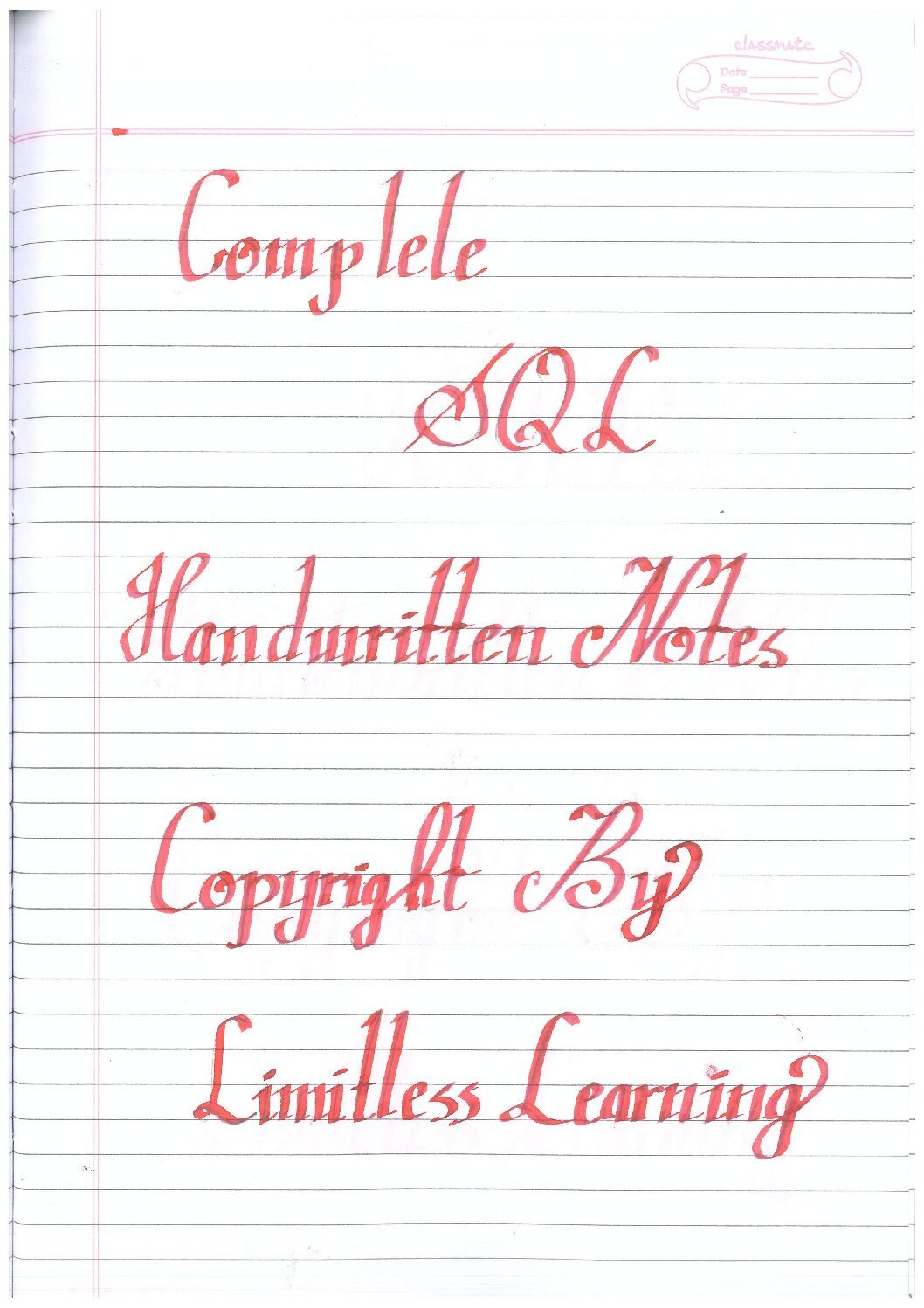
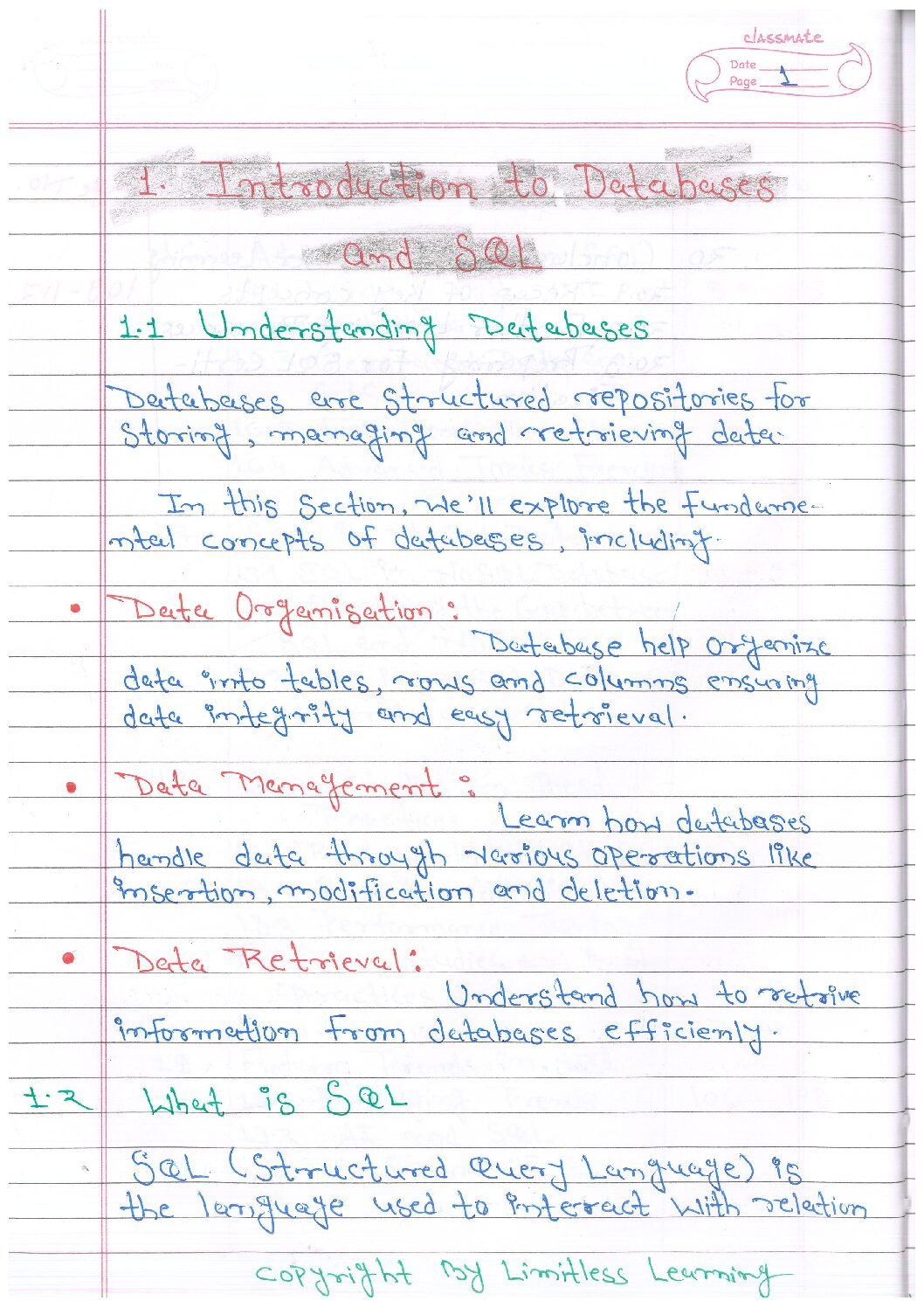
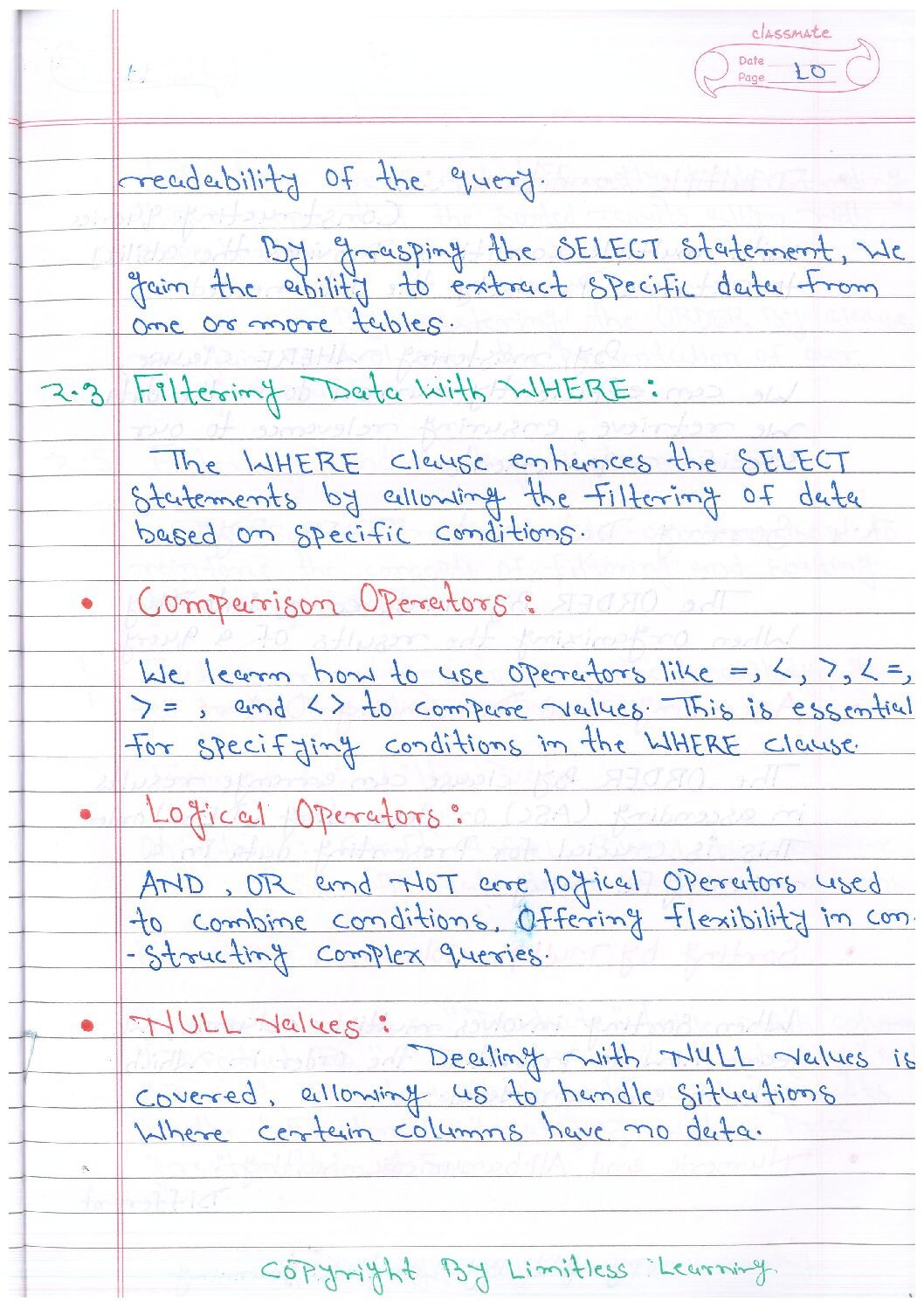
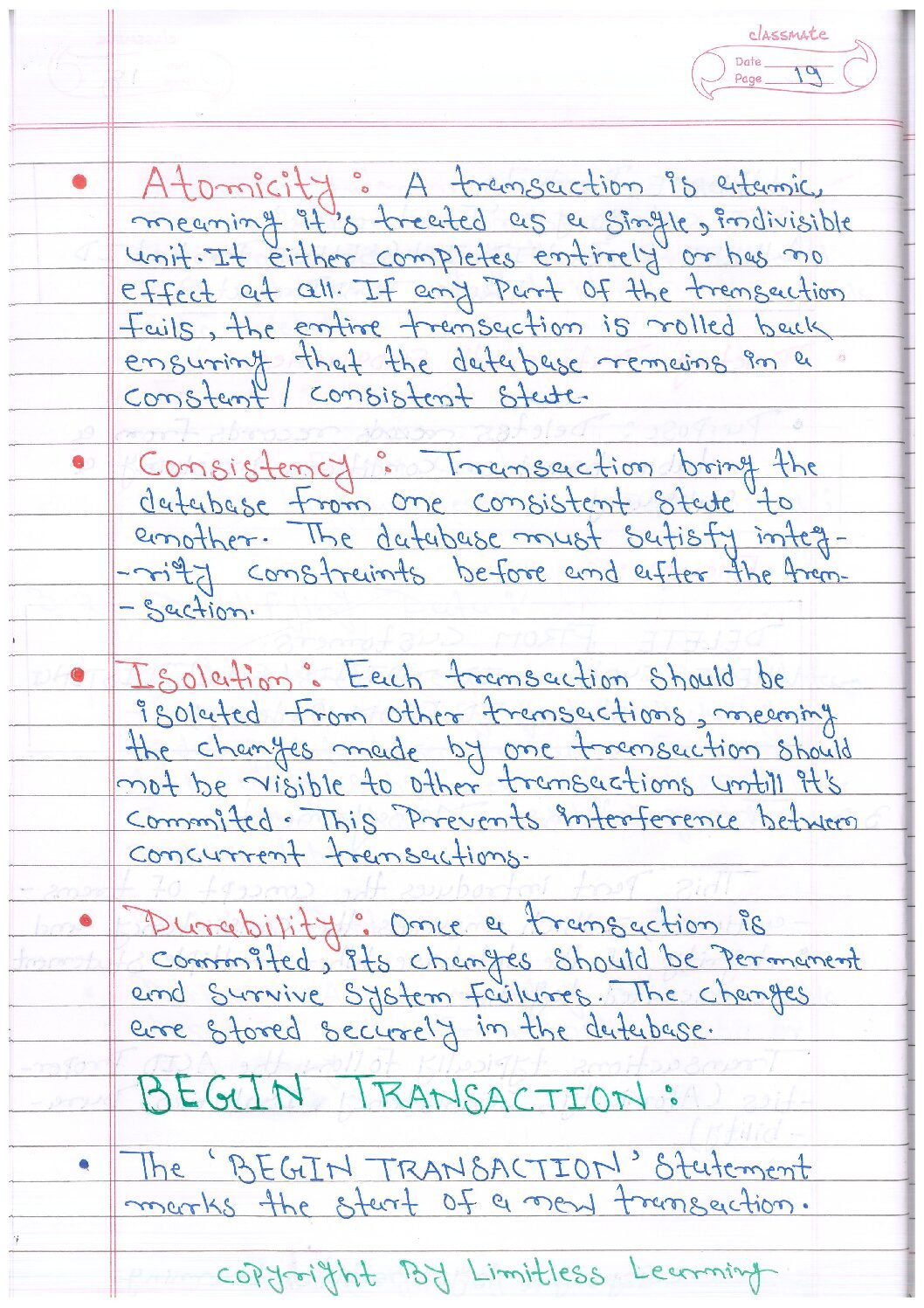
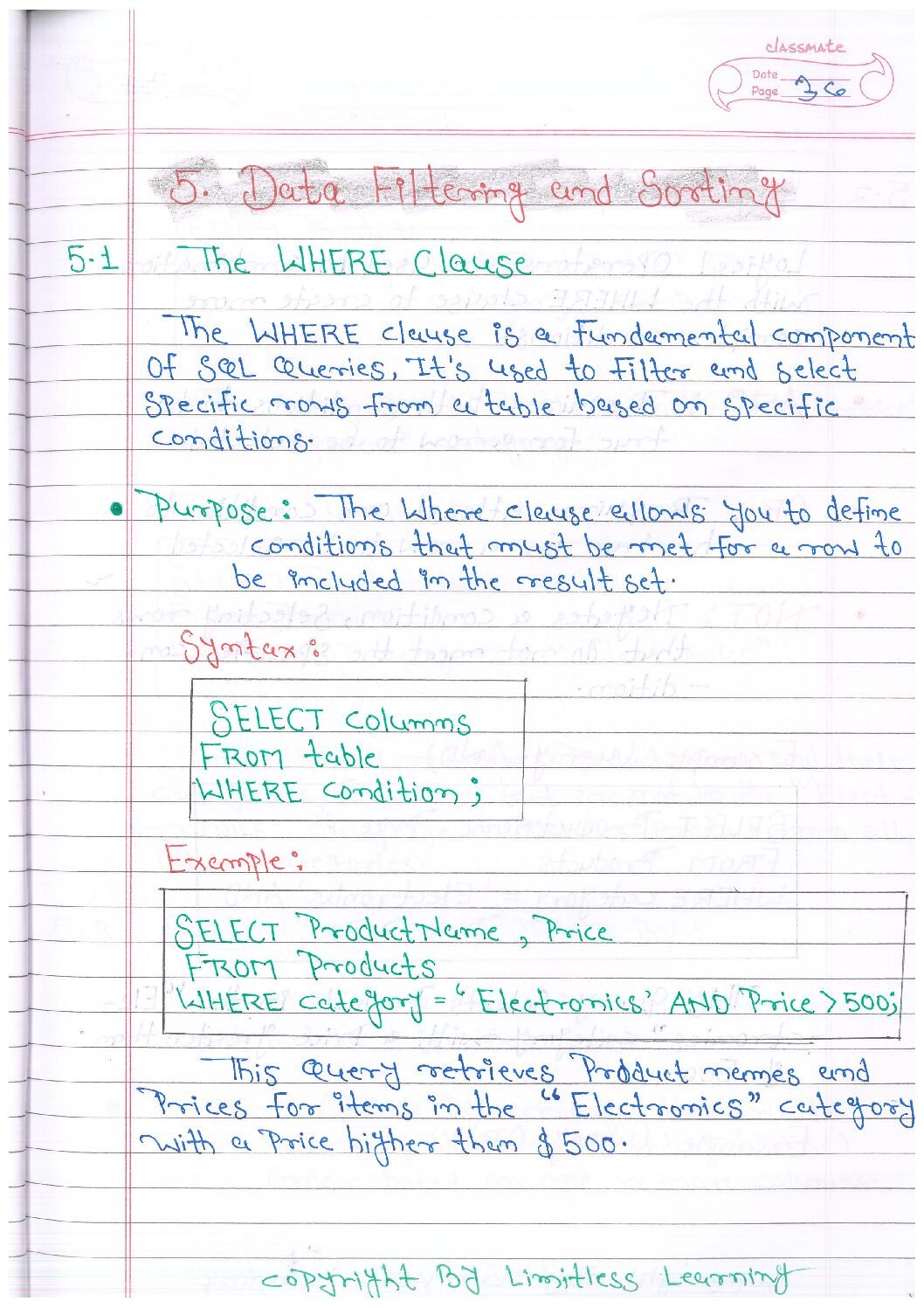
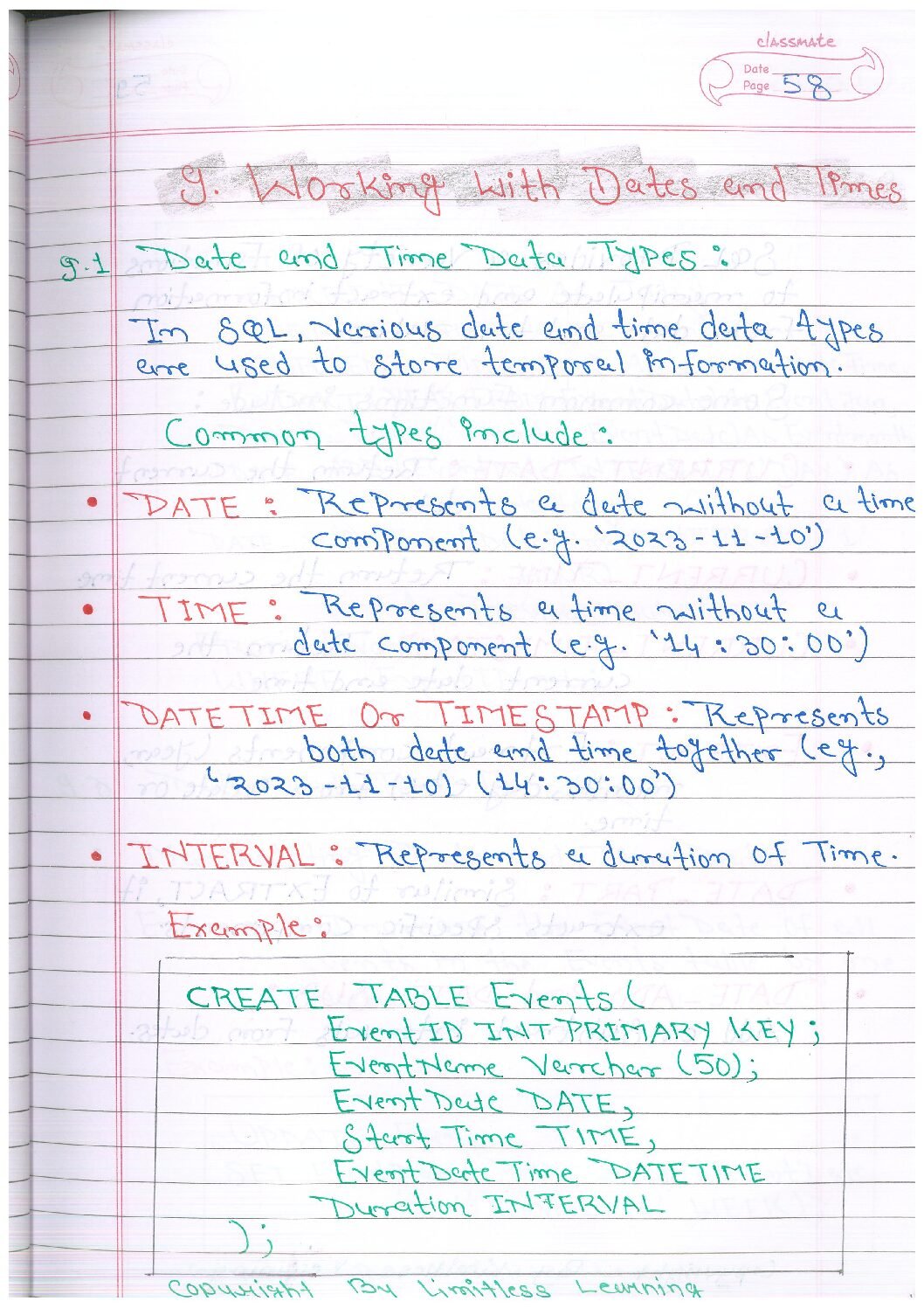
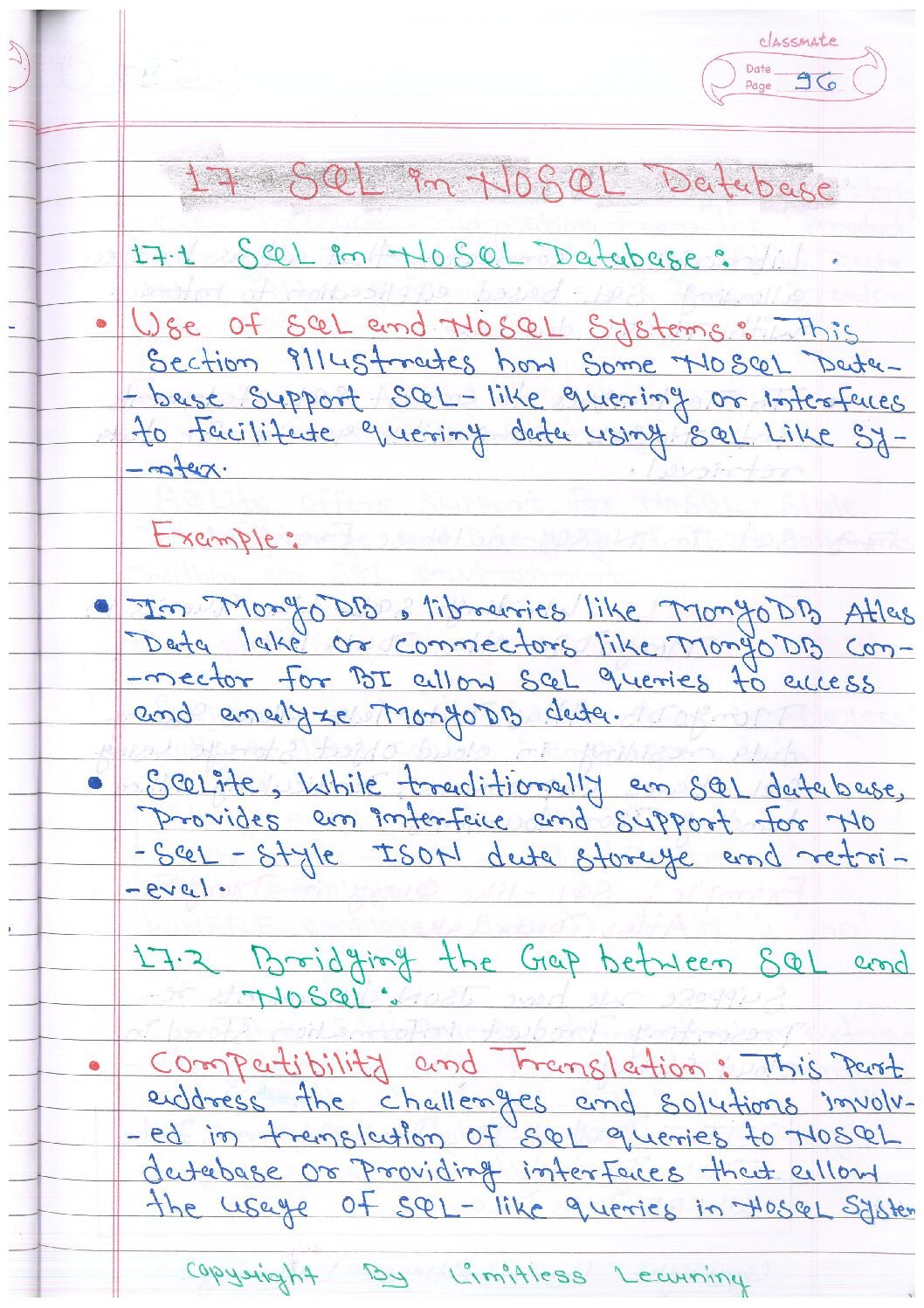

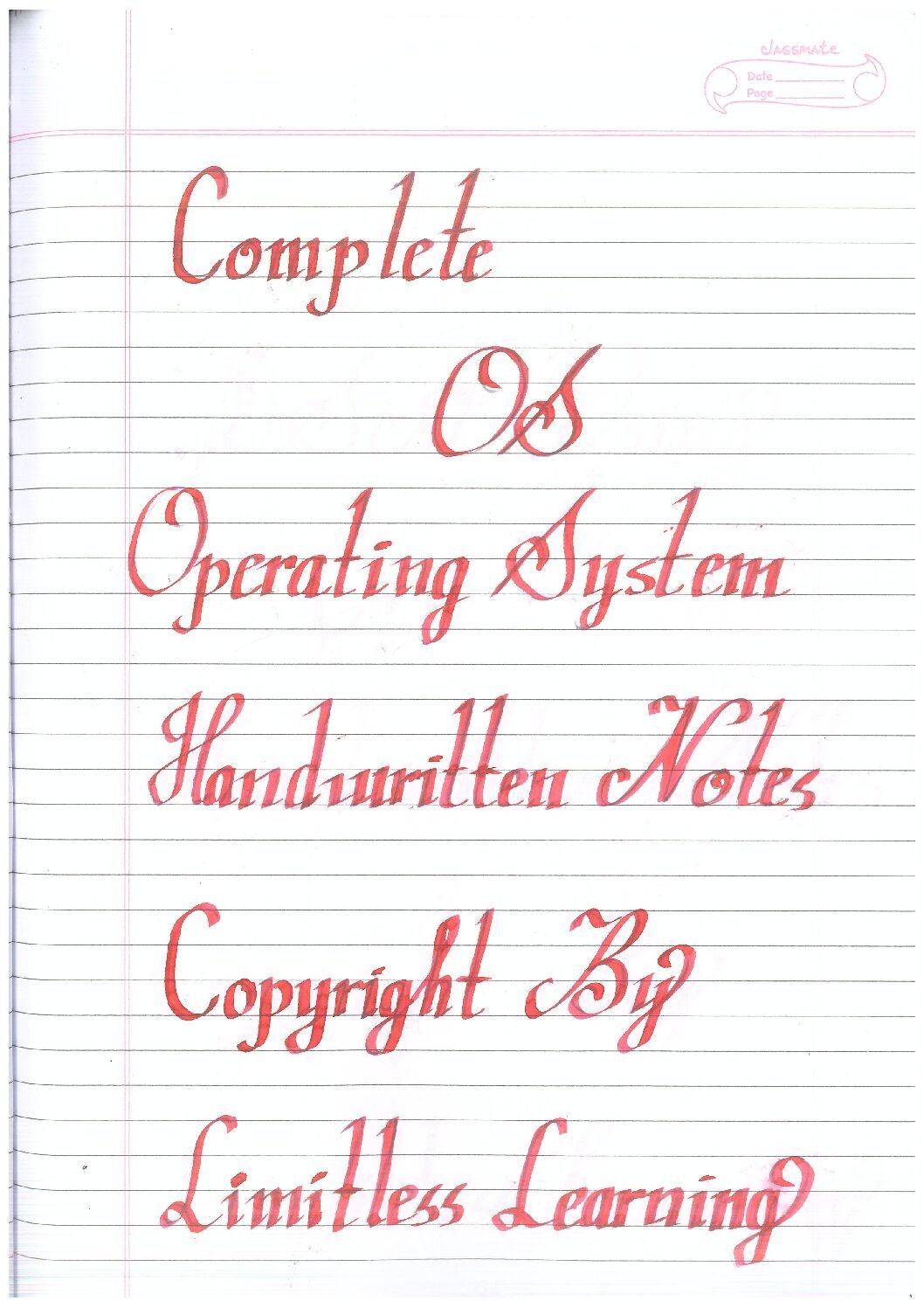
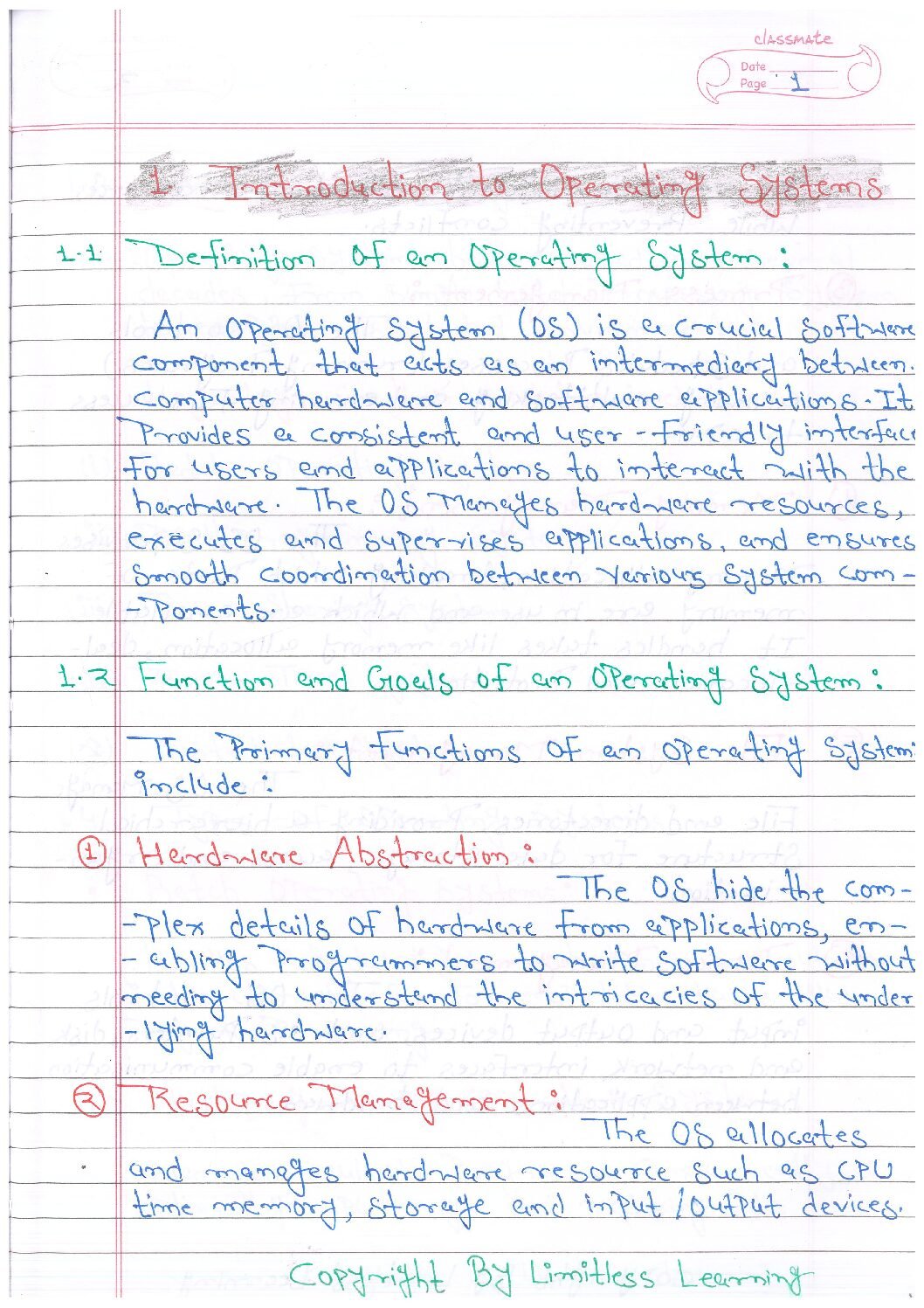
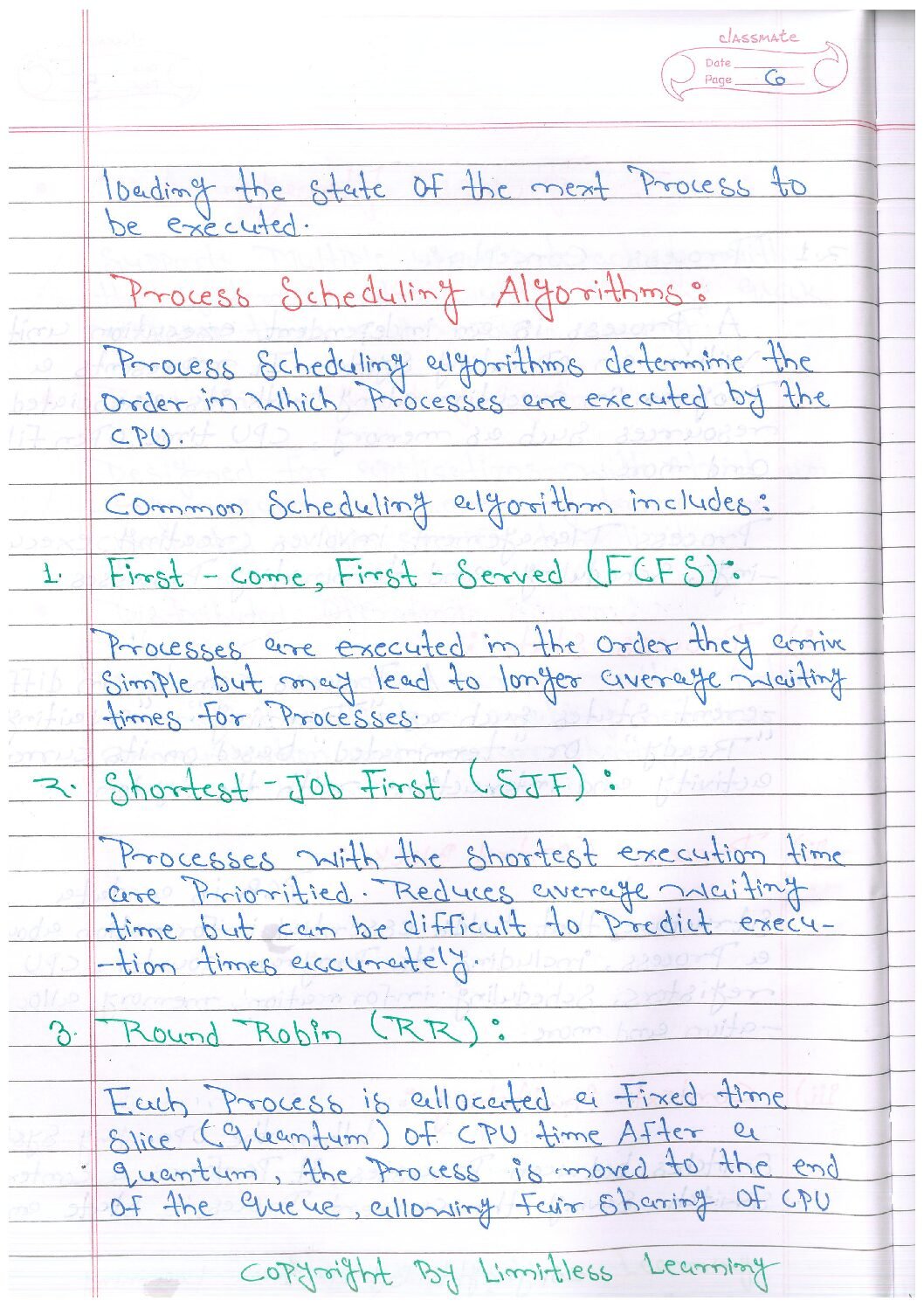
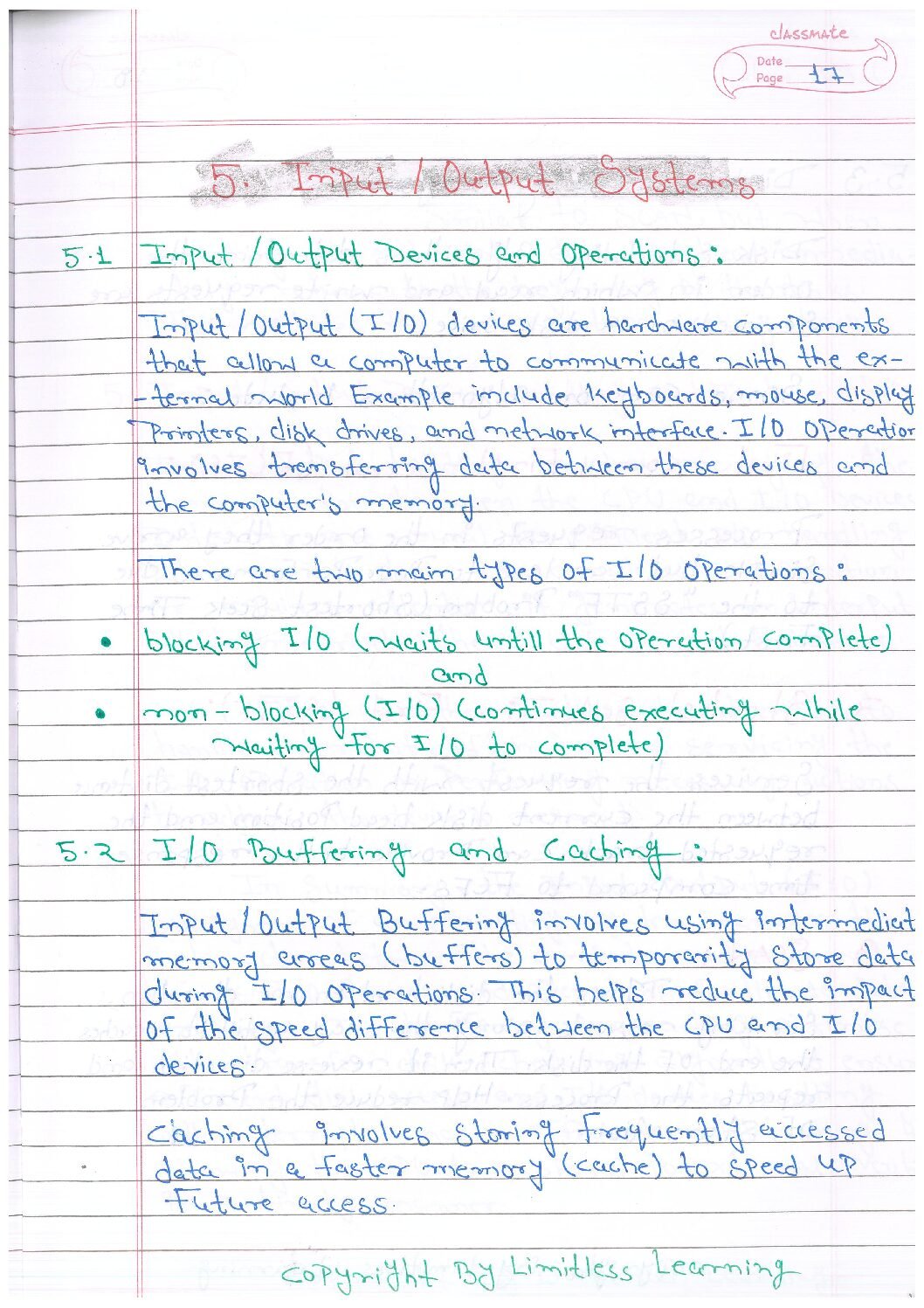
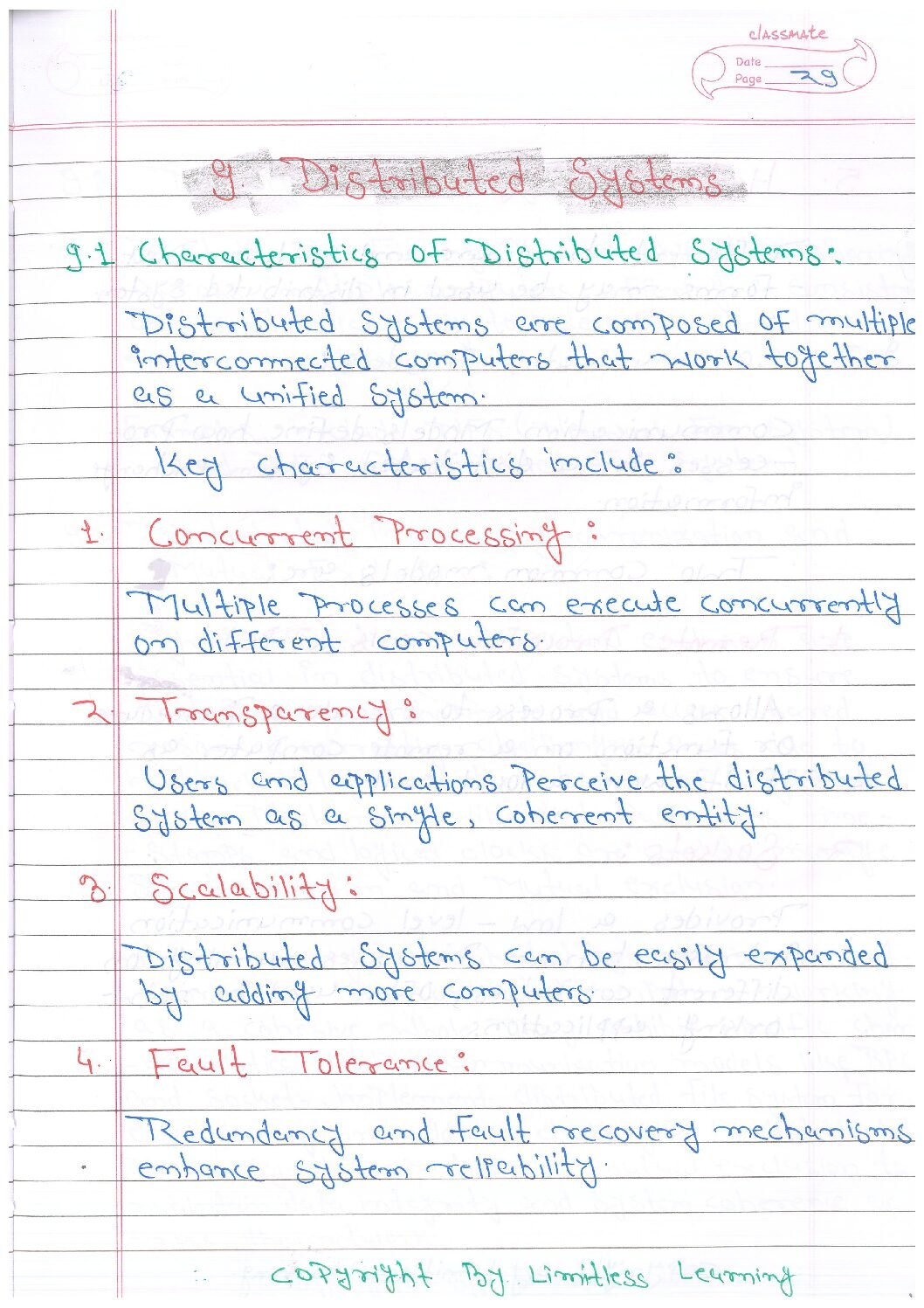


Reviews
There are no reviews yet.